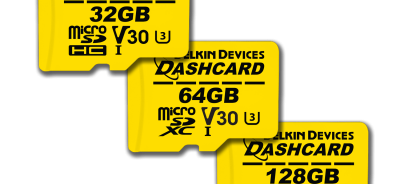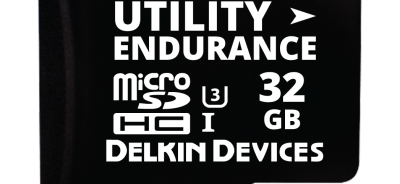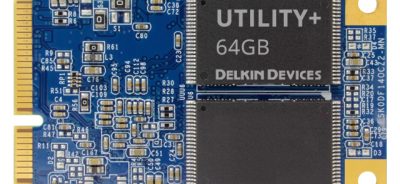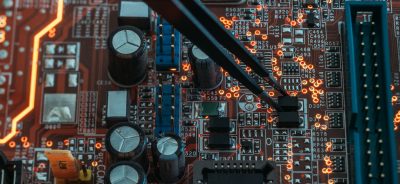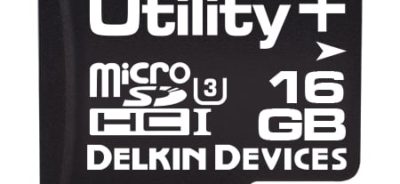Understanding the Price of Data Failure
Data security is a significant concern for anyone who uses anything from a smartphone to a home alarm system, but for people with industrial applications, data security is even more important. Data loss on an industrial device can have catastrophic outcomes for entire industries. In the case of devices used in healthcare and transportation, the impacts of data failure can even lead to loss of life. For these reasons, the price of data failure is always high. Companies must consider the tangible, actual financial costs to attempt to salvage the data, as well as the indirect costs associated with the fallout of the loss. Here is what you need to know about the price of data failure and how to protect your organization from these impacts.
Direct Costs of Data Failure
When you experience data failure, the first thing you are likely to do is attempt to recover the lost information. Data recovery is an expensive process, particularly when it comes to industrial grade devices with SLC flash embedded memory. Not every data recovery service has the necessary experience to work with these kinds of devices, and those who do charge premium prices for their services.
Additionally, if you have an industrial device that experiences a data failure, then you almost certainly need emergency data recovery. Getting emergency help is even more costly than traditional data recovery.
Although the specific costs of data recovery efforts can vary depending on everything from the region to the type of device and the grade of memory, it is not uncommon for recovery efforts to cost hundreds of dollars per hour, multiplied across the number of devices that need to be repaired.
Indirect Costs of Data Failure
The actual cost of repair is only a fraction of what organizations and users have to consider when facing a data failure. After all, the effects of such a failure can be far reaching. One cost comes from the downtime that occurs when devices stop working in the immediate aftermath of the data failure, as well as the ongoing downtime that happens during the repair process. Consider, for example, the impacts of downtime of devices that are used in manufacturing automation. The failure could make production grind to a halt, impacting not only the company that owns the devices, but also their downstream customers who are waiting for the products. This could lead to canceled orders and other complications.
Another indirect cost is that of reputation damage to an organization when they experience a data failure. Whether the company experiences a data failure with a device used in a customer-facing capacity—where customers could be delayed or unable to have their needs met—or the customers experience the impacts of the data failure indirectly, the reputation of the organization whose device failed will likely be negatively affected.
Data failure can even lead to liability issues. If the data loss leads to negative health outcomes, for example, then the organization behind the device could face civil repercussions and costly settlements.
Avoiding Data Failure
Because of the costs associated with data failure, the best strategy is to try to prevent this issue from occurring in the first place. The key to protecting your data is selecting the right kind of embedded memory for your device design and operating conditions.
If you have an industrial application, then choosing SLC, or single-level cell, flash memory is recommended. With SLC flash memory, only a single bit of data is stored per cell. Storing one bit of data per cell limits the risk of data loss during read and write operations, as well as the risk of data corruption from cell crosstalk. SLC flash memory also has the longest lifespan of any kind of flash memory, which means that unexpected failures in the field are less likely to happen.
Choosing industrial grade flash memory is also important so that you can be confident that your storage will function in rugged operating conditions. For example, if your device will be used in environments in which there are extreme temperatures or extreme temperature fluctuations, then you will need industrial memory that can tolerate conditions ranging from -40 degrees C to 85 degrees C. Similarly, industrial grade flash memory can tolerate the high levels of shock and vibration that are common in industrial operating environments.
Industrial flash memory is available in multiple formats, allowing designers to select an embedded system that meets the needs of their device and its use exactly. With industrial memory, customizations are also possible for an even better fit.
At Delkin, we specialize in helping industrial clients find reliable memory solutions to avoid the overwhelming price of data failure. Talk to one of our team members today to learn more about our rugged embedded memory products and to find the right fit for your application’s needs.
ORDER DELKIN INDUSTRIAL FLASH STORAGE TODAY through our distribution partner Newark.
For Europe Contact Our Partner Farnell
 Login
Login Register
Register



